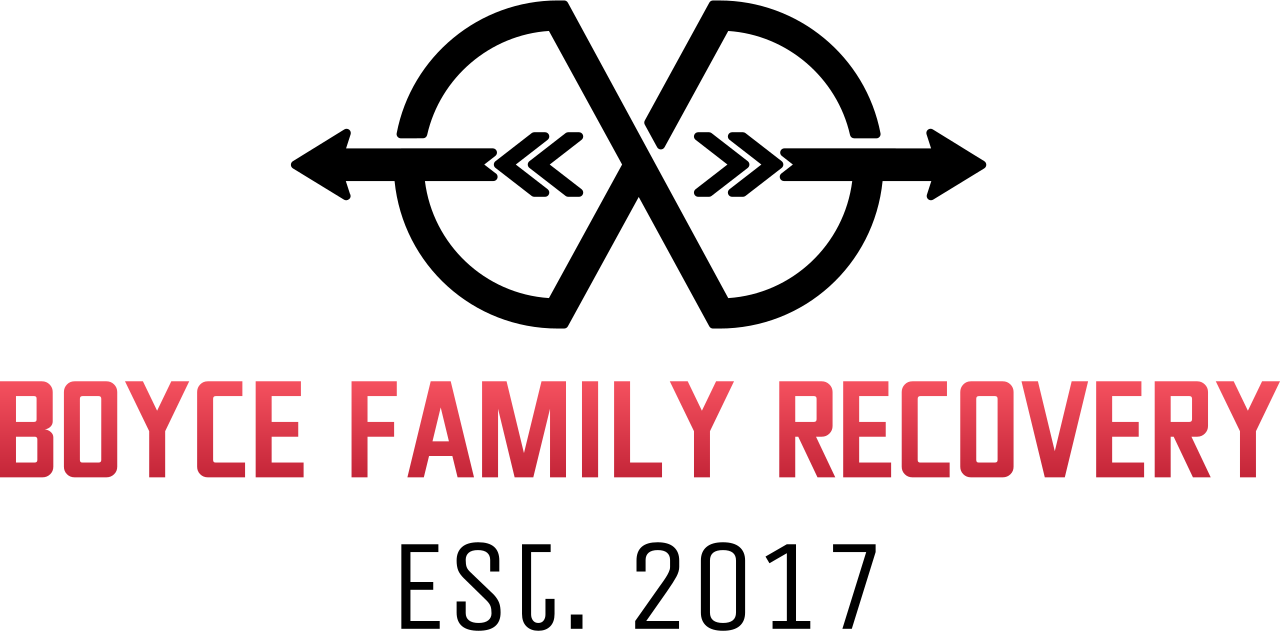7 Signs Your Child May Be Using Drugs

If you think your child is using drugs, it may be harder than you think to confirm your suspicions.
Teens undergo many changes that can produce symptoms similar to those associated with drug use.
Today’s adolescents are also more prone to psychological conditions that were once more common in adults.
Here are some signs that all concerned parents should keep an eye out for:
1) Emotional Instability
It’s not unusual for teens to have mood swings, given the various pressures they have to deal with.
Unfortunately, these problems can get worse when the child in question is experimenting with drugs.
Kids who seem depressed or withdrawn may be dealing with emotional problems, but it’s also important to watch for signs of excessive secrecy or deceitfulness.
Both of these can indicate involvement with drugs.
It’s important to note that drugs can have detrimental effects on a teenager’s hormonal development.
This can have a measurable impact on their growth and emotional stability.
As difficult as it may be to understand the reasoning behind your child’s behavior, it’s still important to watch them closely for sudden personality shifts and other indicators of possible drug use.
If your teen has begun skipping school or their grades have drastically declined, they might be using drugs.
Teachers may reach out to parents if they notice a student behaving in a way that may suggest intoxication.
Remember that it’s also a good idea to keep an eye on the friends they spend their time with since peer pressure can influence a child’s behavior.
Always keep an eye out for drug paraphernalia like rolling papers, pipes, aluminum foil or small baggies.
If the teen doesn’t have a job, they might resort to stealing these items from the home to support their habits.
They might even steal prescription medication if they can access it easily enough.
Keep an eye on refrigerators and alcohol cabinets to ensure they’re not being raided by your child and their friends.
3) Unusual Behaviors
If your teen’s behavior has begun affecting their relationships with other family memberships, they might be abusing drugs.
It’s not unusual for intoxicated individuals to start fights and arguments, sometimes with close family and friends.
Even if they’re not under the influence at the time, they may be moody or fed up with others confronting them about their drug use.
Note that this isn’t always the case, so it’s important to look at whether this is new behavior for them or not.
Other questionable behaviors might include defying ground rules and staying out late, provided they didn’t do these things before.
It’s a pattern of unusual new behaviors that you should be looking for.
This is especially true when they occur in combination with other behaviors like reckless driving, constant sniffling, changes in speech patterns and poor coordination (depending on the substance in question).
4) Poor Hygiene
Teens undergo various changes, during their transition to adulthood.
Along the way, they’re trying to figure out what they’re going to do with their lives and how life works.
Faced with mounting pressures, some kids neglect to take care of their bodies.
While it’s not unusual to see teens with messy hair and sloppy clothes, it could also indicate something worse.
Constant lethargy, frequent headaches and inability to sleep are often associated with drug use.
It’s also not unusual for someone with a substance abuse problem to sleep for days, following long periods of not sleeping.
Individuals in these situations don’t often care about their appearance and might neglect to shower.
This could be a sign that their mental health is deteriorating, due to excessive drug use.
5) Unusual Odors
Unusual odors can also indicate that your child may be using drugs.
The most obvious example would be detecting the odor of marijuana on clothing or fabrics that they use.
It’s important to remember that some odors are the result of attempts to mask drug use.
For example, marijuana smokers sometimes smoke tobacco to cover up the smell of cannabis.
Those who don’t care for cigarettes or cigars may give themselves away by using body sprays, perfumes or colognes.
6) Memory Problems
Memory problems can also be a sign that someone’s using drugs.
Numerous studies have demonstrated a link between drug abuse and memory loss.
Memory is one of the brain’s most important cognitive functions and is key to a child’s ability to perform in school.
Once their memory begins to suffer, their ability to learn and comprehend important concepts will become compromised.
Everyone forgets things, including children and young adults.
Drug use may have nothing whatsoever to do with your child’s mild forgetfulness.
However, if it’s not like them and they seem to have trouble remembering basic facts, it might be time to start asking questions.
Note that even early exposure to the chemicals in marijuana can lead to memory problems later in life.
7) Frequent Illness
If your child is using drugs, they’re likely to get sick more often than before.
Sometimes this is due to side effects from the substances they’re abusing, but it can also be the result of damage to the body’s organs and systems.
Even the method of ingestion can increase the possibility of acquiring potentially serious infections.
For example, cocaine can cause serious damage to the mucous membranes, leading to respiratory infections.
Opioids are known to harm white blood cells, compromising the immune system’s ability to fight disease.
Some of the worst problems are caused by intravenous drug use since needles are often shared by addicts that may have HIV or serious bacterial infections.
Remember that if your child has been using drugs for some time, they’ve probably figured out how to cover their tracks.
Instead of jumping to conclusions over one vague sign, keep an eye on the bigger picture and look for unusual patterns. If they’re doing something they shouldn’t be doing, their behavior will eventually give them away.
